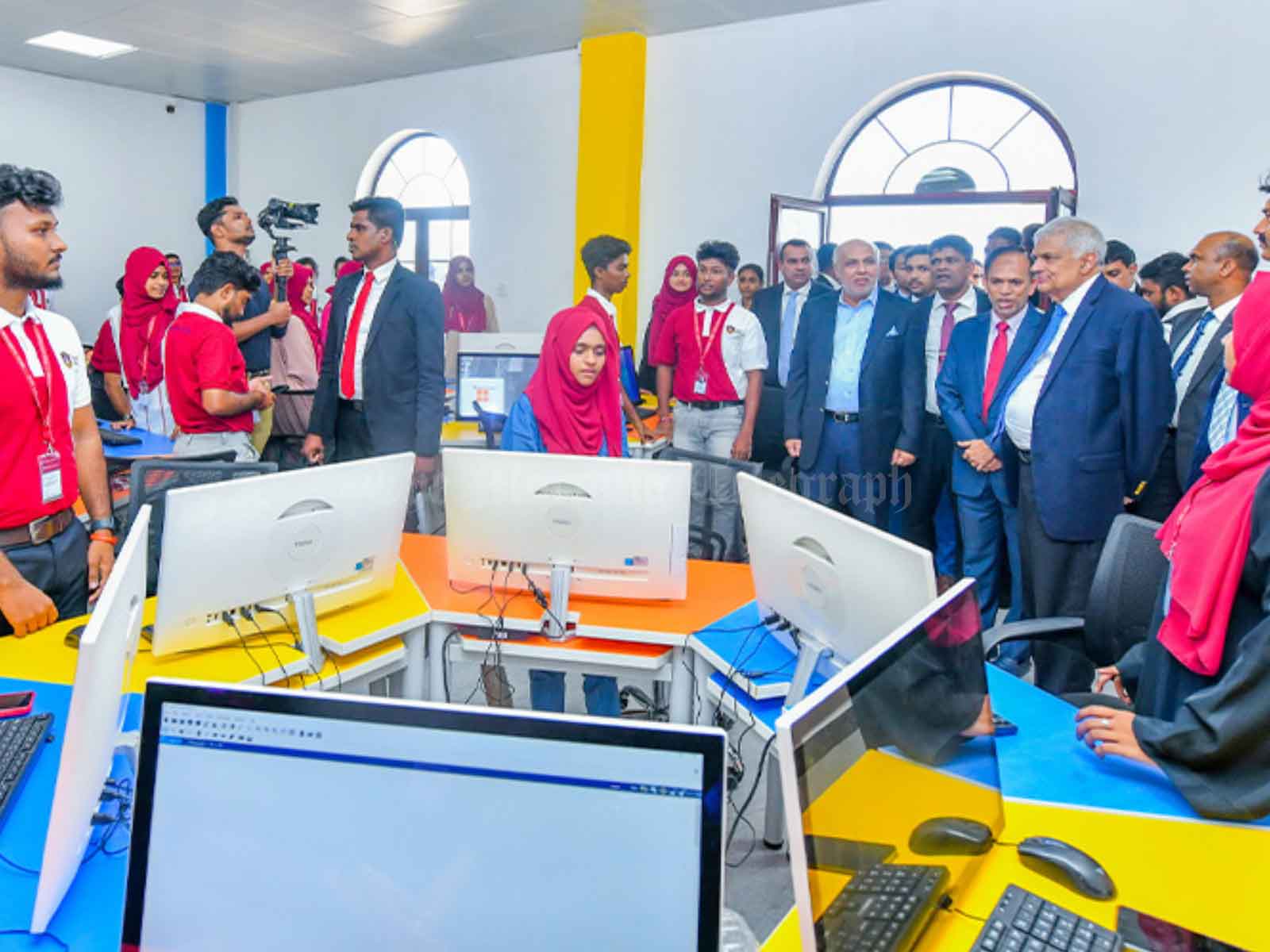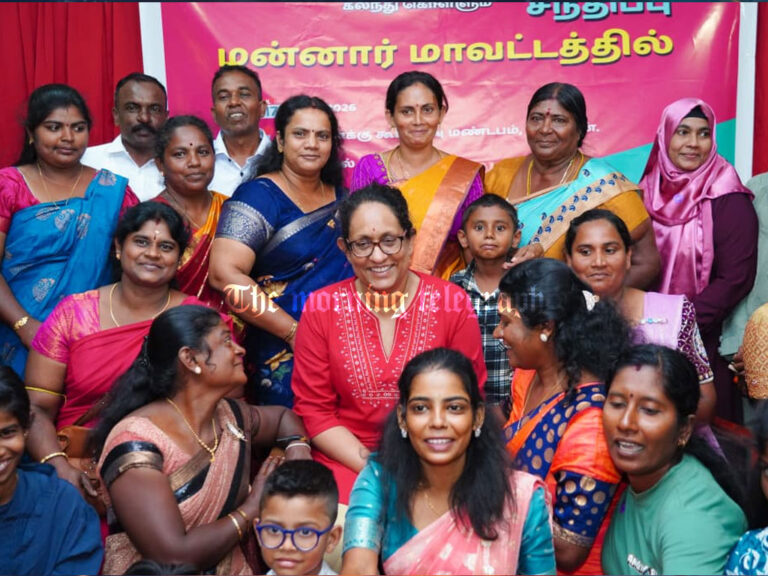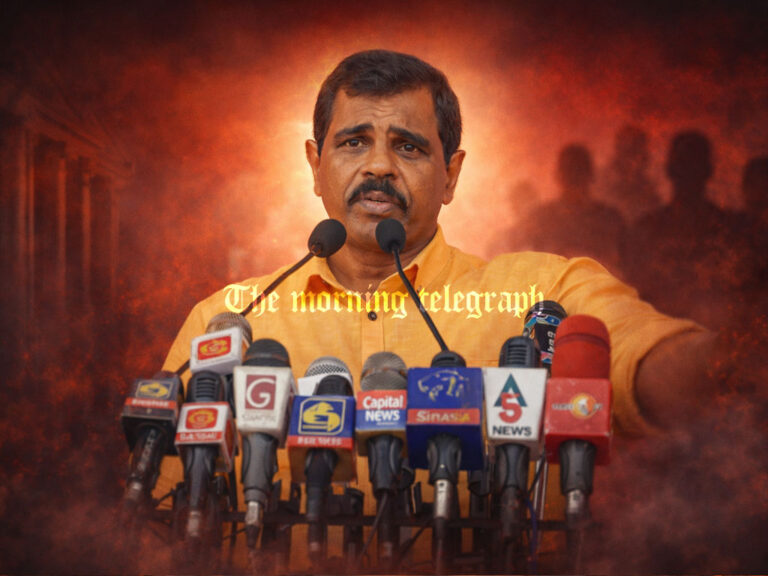
COLOMBO — President Ranil Wickremesinghe has called for an end to the culture of threatening politics within Sri Lankan universities, emphasizing the need for a safer and more conducive environment for academic pursuits. Addressing a gathering at the University of Colombo on Friday, the President highlighted the detrimental impact of political interference on the educational system and the overall well-being of students and faculty.
The President’s Address
In his speech, President Wickremesinghe underscored the importance of academic freedom and the need to protect universities from becoming battlegrounds for political agendas. He pointed out that universities should be centers of learning and innovation, not arenas for political conflicts and intimidation.
“The future of our nation depends on the quality of education we provide to our youth,” Wickremesinghe stated. “We cannot allow threatening politics to undermine the integrity of our universities. It is time to restore a peaceful and productive academic environment.”
Key Points of the Address
- Academic Freedom: The President stressed that universities should be sanctuaries of free thought and expression. Students and faculty must be able to pursue their academic interests without fear of political retribution or coercion.
- Safe Learning Environment: Wickremesinghe called for measures to ensure the safety and security of all members of the university community. This includes protecting students and staff from harassment, violence, and undue political influence.
- Non-partisan Administration: The President advocated for the appointment of university administrators based on merit rather than political affiliation. He emphasized the need for competent and impartial leadership in managing university affairs.
- Strengthening Institutions: Wickremesinghe proposed reforms to strengthen the governance structures of universities, ensuring they operate independently of political pressures. This includes revising policies and regulations to safeguard the autonomy of academic institutions.
Reactions and Support
The President’s call to remove threatening politics from universities has received widespread support from various sectors. Academics, student organizations, and civil society groups have welcomed the initiative, recognizing the long-standing issues caused by political interference in higher education.
Professor Chandrika Jayawardena, a prominent academic at the University of Colombo, praised the President’s stance, stating, “For too long, political agendas have disrupted our academic environment. We need a system that prioritizes education and the well-being of our students.”
Student leaders also expressed their approval, noting that a depoliticized university environment would enhance their educational experience and future prospects.
Moving Forward
President Wickremesinghe’s address marks a significant step towards addressing the pervasive issue of political influence in Sri Lankan universities. His administration has pledged to work with educational institutions, policymakers, and stakeholders to implement the necessary reforms.
As part of the initiative, a task force will be established to review current policies and propose recommendations to create a more transparent and fair university system. This includes consultations with academic experts, student representatives, and legal advisors to ensure comprehensive and effective measures.
The President concluded his speech with a message of hope and determination, “Let us work together to build a university system that nurtures intellectual growth, fosters innovation, and prepares our youth for the challenges of the future. The time for change is now.”
With these reforms, Sri Lanka aims to create an academic landscape free from the shadows of political intimidation, where the pursuit of knowledge and excellence can thrive.
~PMD~




